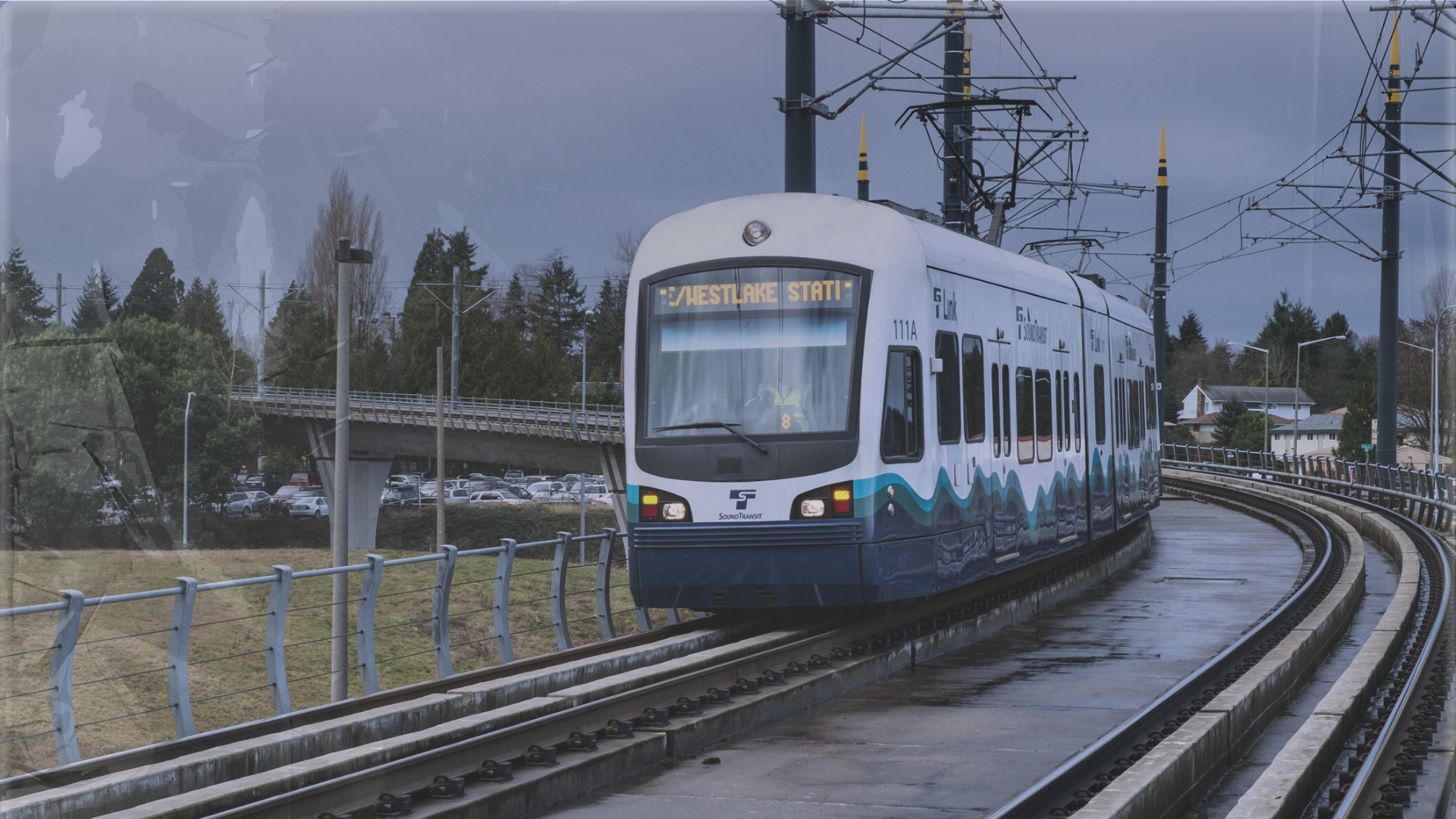It was Sound Transit day in Olympia today. Some called it “beat-up-on-Sound Transit day,” as though Sound Transit officials are the victims of their own dishonest taxing practices.
This legislative session, like every other legislative session since the passage of Sound Transit 3 in 2016, is marked by legislation that would fix the mess Sound Transit has made by choosing to overvalue vehicles to collect maximum tax revenue from residents in its taxing district.
When voters started receiving their car tab renewals in 2017, they were shocked to learn their car tab bill was far higher than what officials led them to expect. A legislative investigation that year demonstrated that voters were not alone - lawmakers felt they had been deceived as well.
Despite all of this, and despite having the capacity to take the financial hit, Sound Transit has continued to oppose the tax relief people have asked for.
The Senate Transportation Committee heard several car tab relief bills today – including those that implement the voter-approved Initiative 976, which takes a hammer to Sound Transit as well as the state transportation budget to help lower people’s car tab bills.
Sound Transit CEO Peter Rogoff attended the hearing and testified on behalf of the agency that Sound Transit is “not tone deaf” and is willing to work with lawmakers on a car tab bill, but only if their losses are somehow offset, or paid back (with more public money).
Senator Steve O’Ban noted, “You’ve said you’re open to car tab tax relief. That’s refreshing. What would be the car tab relief Sound Transit would support?” Paul Roberts, who sits on the Sound Transit Board and attended with Rogoff, responded, “We’d have to look at offsets…” He added that “assessments” would have to be made that would ensure Sound Transit doesn’t take a big financial hit every year.
In other words, Sound Transit officials, despite their favorable comments to lawmakers, do not have any specific car tab relief in mind, although this has been a major public problem for four years.
During his testimony on the bills, Rogoff also noted that the agency’s legislative agenda, released every year, “calls for any adjustment to the depreciation schedule to protect our revenues and our financial capacity.”
Senators O’Ban and Fortunato both reminded the agency executive of the importance of hearing and responding to the public and their interests, first and foremost.
One of the tax relief bills was a little different than the rest in that it would nullify Sound Transit 3 taxes in Pierce County. It would leave residents with a reduced 0.9 percent sales and use tax and 0.3 percent car tab tax, passed in previous Sound Transit ballot measures. Pierce County would not pay a property tax to Sound Transit, since this was first passed in 2016 under Sound Transit 3.
Additionally, Sound Transit would have to defease, or repay, bond contracts that have been issued which would “impede implementing this section.” The taxes that have already been collected from the county in Sound Transit 3 could only be used to defease the bond contracts or issue refunds to taxpayers in the county.
The bill is being called “SoundTrexit” by its sponsor, inspired by Britain leaving the European Union (called Brexit). In light of Pierce County’s opposition to Sound Transit 3 in 2016 (55%) and support of Initiative 976 three years later (65%), the sponsor wants the people of Pierce County to be relieved of the higher taxes that will pay for light rail expansion.
As I said before committee, Pierce County was the only county in the Sound Transit taxing district to oppose the Sound Transit 3 ballot measure in 2016, and overwhelmingly supported Initiative 976, which cut those same taxes. So, if Pierce County residents do not want light rail, the cost of the project should not be forced upon them.
The bill could ultimately be a win-win for Pierce and King counties, because King County residents who do want light rail are politically frustrated with opposition from other counties that do not agree there is enough of a public benefit to support such measures. Given King County’s desire to “opt out” of the effects of measures like Initiative 976, which reduce funding for light rail, there should be an obvious consensus between the two counties to allow Pierce County to opt out of Sound Transit 3
You can view the hearing in full here. My testimony starts around 1:52:30.
We will continue to cover the progress on this issue, and will share an in-depth policy analysis of several proposed Sound Transit bills this week.





